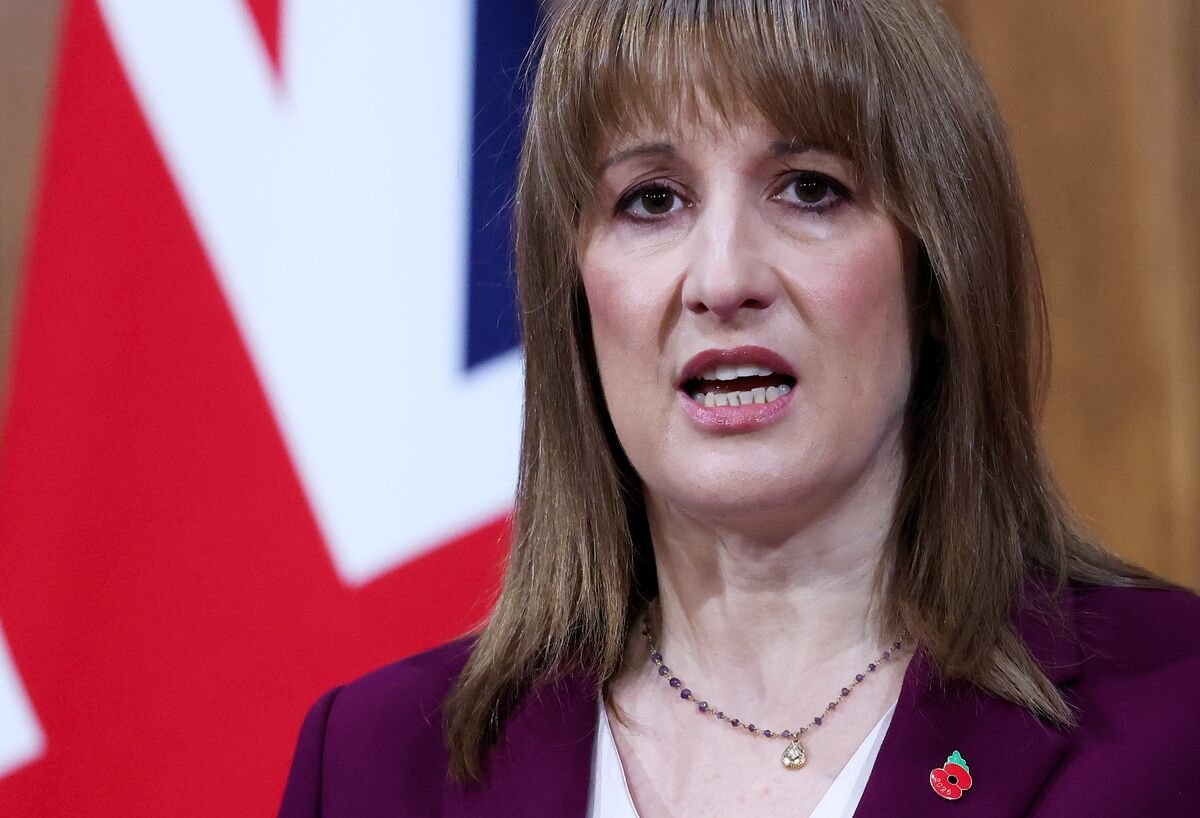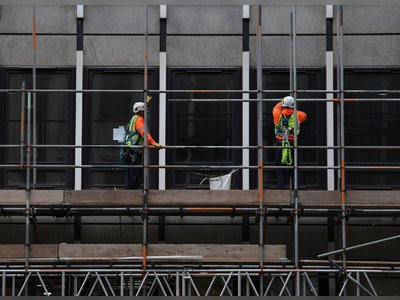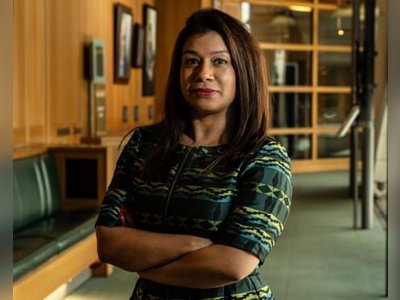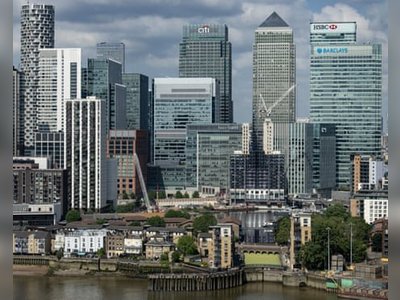
UK Lawmakers Urge New Investor Visa Amid Record Wealth Migration
Parliamentarians push fresh visa route to reverse capital outflows as millionaire departures deepen
A growing cross-party group of British lawmakers has called for the creation of a new investor visa as the country faces an accelerating exodus of high-net-worth individuals and rapid capital flight.
The proposed scheme would aim to attract investment into key growth sectors such as artificial intelligence, clean energy and life sciences, and to stem the loss of both talent and wealth.
The proposed revival of a leveraged “golden visa” route comes at a time of intense concern in the Treasury over the migration of wealthy residents and the erosion of the UK’s appeal to global investors.
Estimates suggest that tens of thousands of millionaires have already left the country in recent years, following tax-reform measures such as the abolition of non-domicile tax status and the raising of payroll levies.
Under the departure framework, investors would be required to make a substantial capital commitment to the UK economy and be subject to stricter checks than in the previous Tier 1 (Investor) visa programme, which was terminated in 2022 amid concerns over abuse.
Discussions suggest the new route would exclude passive real-estate investments and focus instead on active participation in designated strategic industries.
While industry figures and immigration advisers welcomed the ambition to channel global capital into the UK, that enthusiasm was tempered by calls from anti-corruption campaigners who warned the new scheme could reopen past vulnerabilities.
They argued that without rigorous due-diligence and transparent oversight, any revival of an investment-based visa might attract undesirable capital and undermine public trust.
Government officials have confirmed the matter remains under review and have declined to give a firm timetable or minimum investment figure.
Analysts believe the reform may form part of the broader immigration white paper promised by Prime Minister Sir Keir Starmer’s administration, which seeks to reconcile tighter migration controls with selective openness to economically-active entrants.
The framing of the investor visa as a strategic tool to support the UK’s innovation economy marks a notable shift in policy tone.
For the government, the challenge now is whether the scheme can deliver tangible investment, job creation and growth without reopening re-entry to the risks that led to the previous programme’s closure.
As parliamentarians intensify pressure ahead of the budget and immigration-policy announcements, the next steps will include defining eligibility criteria, investment thresholds and oversight mechanisms.
The outcome will signal whether Britain can restore its allure to global capital while navigating tighter fiscal and regulatory constraints.
The proposed scheme would aim to attract investment into key growth sectors such as artificial intelligence, clean energy and life sciences, and to stem the loss of both talent and wealth.
The proposed revival of a leveraged “golden visa” route comes at a time of intense concern in the Treasury over the migration of wealthy residents and the erosion of the UK’s appeal to global investors.
Estimates suggest that tens of thousands of millionaires have already left the country in recent years, following tax-reform measures such as the abolition of non-domicile tax status and the raising of payroll levies.
Under the departure framework, investors would be required to make a substantial capital commitment to the UK economy and be subject to stricter checks than in the previous Tier 1 (Investor) visa programme, which was terminated in 2022 amid concerns over abuse.
Discussions suggest the new route would exclude passive real-estate investments and focus instead on active participation in designated strategic industries.
While industry figures and immigration advisers welcomed the ambition to channel global capital into the UK, that enthusiasm was tempered by calls from anti-corruption campaigners who warned the new scheme could reopen past vulnerabilities.
They argued that without rigorous due-diligence and transparent oversight, any revival of an investment-based visa might attract undesirable capital and undermine public trust.
Government officials have confirmed the matter remains under review and have declined to give a firm timetable or minimum investment figure.
Analysts believe the reform may form part of the broader immigration white paper promised by Prime Minister Sir Keir Starmer’s administration, which seeks to reconcile tighter migration controls with selective openness to economically-active entrants.
The framing of the investor visa as a strategic tool to support the UK’s innovation economy marks a notable shift in policy tone.
For the government, the challenge now is whether the scheme can deliver tangible investment, job creation and growth without reopening re-entry to the risks that led to the previous programme’s closure.
As parliamentarians intensify pressure ahead of the budget and immigration-policy announcements, the next steps will include defining eligibility criteria, investment thresholds and oversight mechanisms.
The outcome will signal whether Britain can restore its allure to global capital while navigating tighter fiscal and regulatory constraints.










